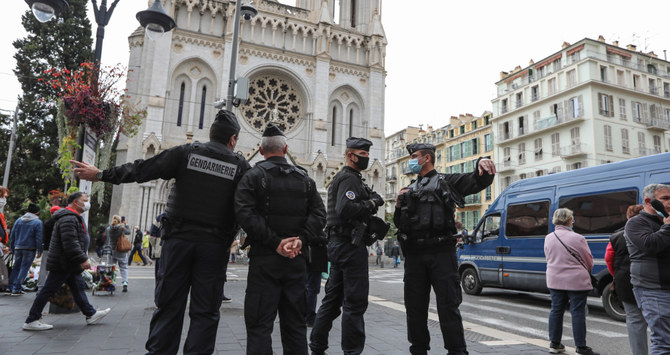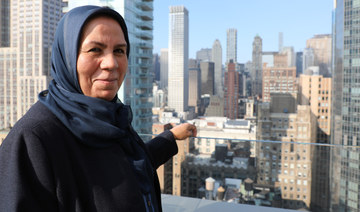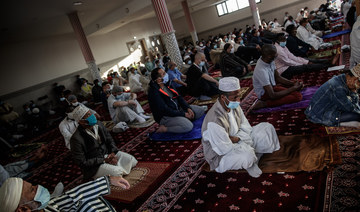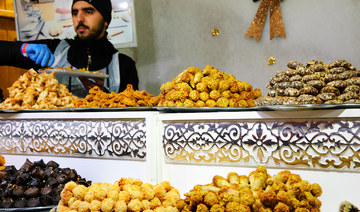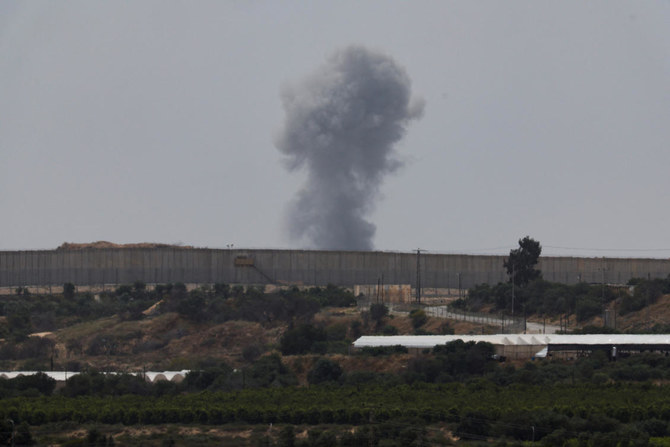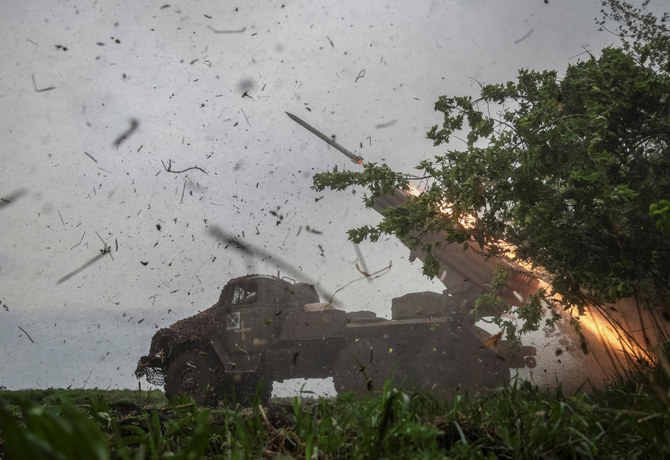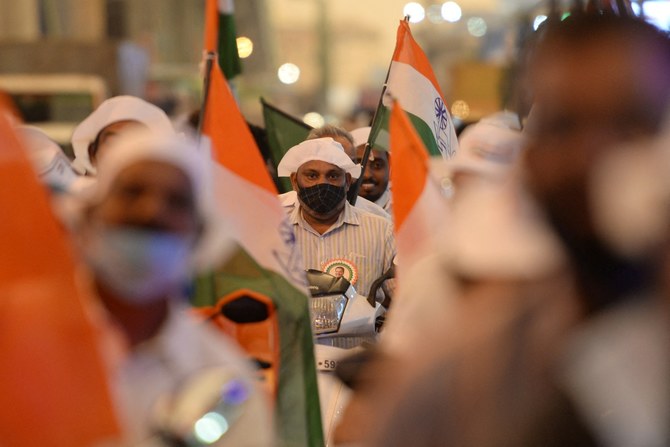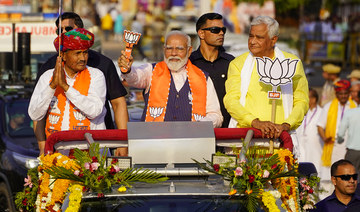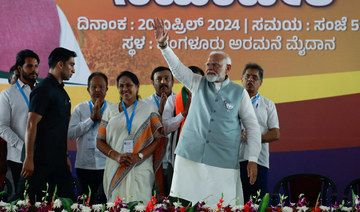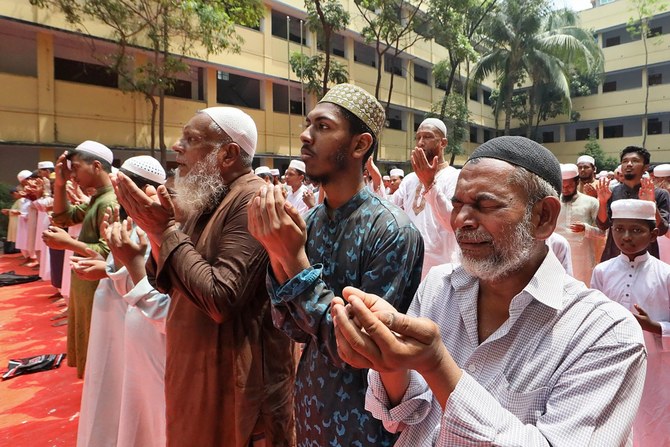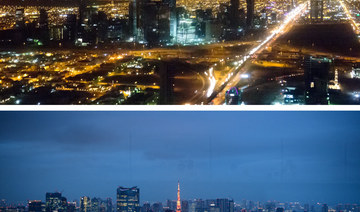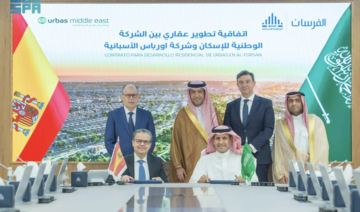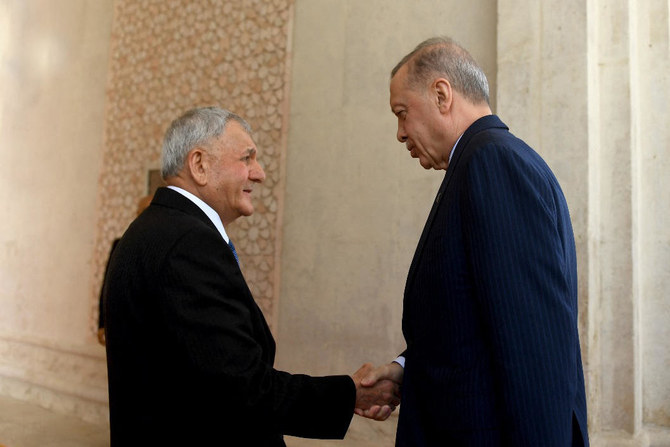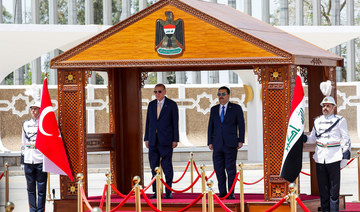PARIS: The latest wave of terrorism that hit France this year, succeeding that of 2015-2016, revives a debate on the adaptation of a new generation of immigrants and their degree of integration in France.
The ability of the French secularism model to promote respect and the implementation of the founding principles of the republic, in particular equality and fraternity, is also questioned.
Cultural schisms and social inequalities undoubtedly complicate and delay the march toward the integration of a strained youth, caught between the hammer of extremist religious sirens and the anvil of racism and discrimination, in the absence of effective mechanisms to promote citizenship.
From the beginning of the 1980s, French society became aware of the reality of the presence of immigrants of Muslim heritage, especially in the suburbs of large cities, called at the time “suburbs of Islam.”
As immigrant workers who came to France in the 1970s intended to stay put, the French landscape changed, and over time, Islam became the second religion in the country after Catholicism. Thus, alongside a socio-cultural shock, mistrust has developed between, on the one hand, native French people and, on the other, new French people of migrant origin, mostly Maghrebians.
The year 1983 symbolized the emerging new deal, with the March of Arabs and strikes in the automotive sector, in which immigrant labor played an important role. We then begin to talk about the “second generation.” The year 1989 is another key date, when the “Muslim presence” poses new challenges, especially in the area of secularism.
The Creil case, in which three college girls who refused to take off the Islamic headscarf in class in a public school were excluded, suddenly raised the question of the manifestation of religion in public space.
The Creil case would spark an intense debate within French society, and calls began to be made for Islam to adapt to the republican model. The year 1989 thus marks the dawn of a new era, marked by the greater presence of Islam in France, whether in the media or sociologically.
Since this period, this “visible Islam” in an increasingly pluralist and multicultural society has continued to weigh on the secular model, either because of the refusal of the integration of Muslims into a non-Muslim and secular society by certain currents, or because of the rise of racism and the fear of a change in the religious and social landscape.
The various attempts by the Jacobin state to legislate in order to organize Islam from above have in turn failed. Not all of these factors have resulted in significant social appeasement or a successful integration process.
Laws on the ban on the headscarf and other religious symbols in schools and public spaces, the ban on the niqab, as well as the creation of the French Council for the Muslim Faith (CFCM) to make Islam an actor at the table of the republic have certainly laid legal foundations, but have not succeeded in implementing a new social contract or drawing up a code of conduct for living together.

The late installation of Islam in parts of Judeo-Christian or secular Europe continues to pose particular problems, and the Islamologist Mohammed Arkoun was not wrong to point out that matter. “The West believed it was done with the religious question, philosophically, legally or culturally. The arrival of Muslims in Western Europe showed him that this was not the case,” he said.
This historical reminder shows that two visions clash: That which the majority has of young North Africans from France and which results in particular from a reaction to the long history of the play of the European powers in the region, and opposite, that of a part of French establishment and native French, marked by the cultural gap and the quarrel between religions.
One of the great problems of this new Muslim generation installed in France and in Europe today is that modernization does not appear a natural process, but rather an imposed model. It is therefore seen as a loss of identity in certain religious circles. The notions of “citizen” and the “rule of law” are always confusing for these newcomers.
The separation between religion and the state established by the law of 1905, while Islam did not officially appear on the territory of the metropolis until 1926, on the occasion of the founding of the Great Mosque of Paris, explains partly the rise of political Islamism and other radical or retrograde currents within the Muslim population.
Christianity in France, for its part, has experienced a different path. But this new Muslim generation, which does not live an Islam adapted to French reality, does not realize that current European civilization owes a lot to the time of Muslim presence in Andalusia,
with the influence of Cordoba and its sister cities. The movement of translation and cultural interaction which has developed in what is now a region of Spain has sown the seeds of European progress.
As the weight of this Muslim population has increased and the observation of religious precepts by Muslim youth spreads and accelerates, economic actors have responded to this demand, promoting the emergence of a market encouraging respect for the Islamic principle of halal.
This dynamic has been carried by many actors, associations and mosques founded by countries from which immigrants come, or by associations linked to ideological currents (the Muslim Brotherhood and Tabligh to name just two).
This demonstrates a breakdown of integration to access citizenship due to “ghettoization” on the one hand and religious and identity withdrawal on the other. What the Arab News en Francais-YouGov survey shows is that French people of Arab origin desire to belong to a democratic and secular France and adhere to the fundamental values of the French Republic.

Yet they do not feel accepted, and even stigmatized. Their responses underline a feeling of exclusion which, for 51 percent of them, is not linked to skin color but rather to the ethnic origin of their name (36 percent) which has a negative impact on their prospects.
This new generation considers that the concrete requests that are demanded in order to adapt to secularism represent an attack on its identity. These young Muslims or Maghrebians believe “a Muslim student should be able to eat halal in school canteens and that a young girl should be able to wear the veil to school or not to go to the swimming pool.”
Thus, the bet on a process of secularization and of an “exit from religion,” which would also have concerned the immigrant population and these young people of Arab origin, has dissipated, with the Salman Rushdie affair, the rise of the ideas of political Islamism, and the continuation of migratory flows causing a greater cultural and social influence from countries of origin, amplifying identity withdrawal.
In a context of terrorist threats and risks of rupture conveyed by Islamophobia in a deleterious climate, the different views on one side or the other are influenced by the conjunction of historical, political, religious, cultural and economical elements.
For France, the merciless fight against terrorism and religious radicalization — a policy of excessive racism or populism — represents a national priority. It is about the defense of national cohesion and stability. In this context, adapting the secular French model so that it becomes positive and open should go hand in hand with the efforts of the Muslim elites for better integration and respect for the obligations of citizenship.



